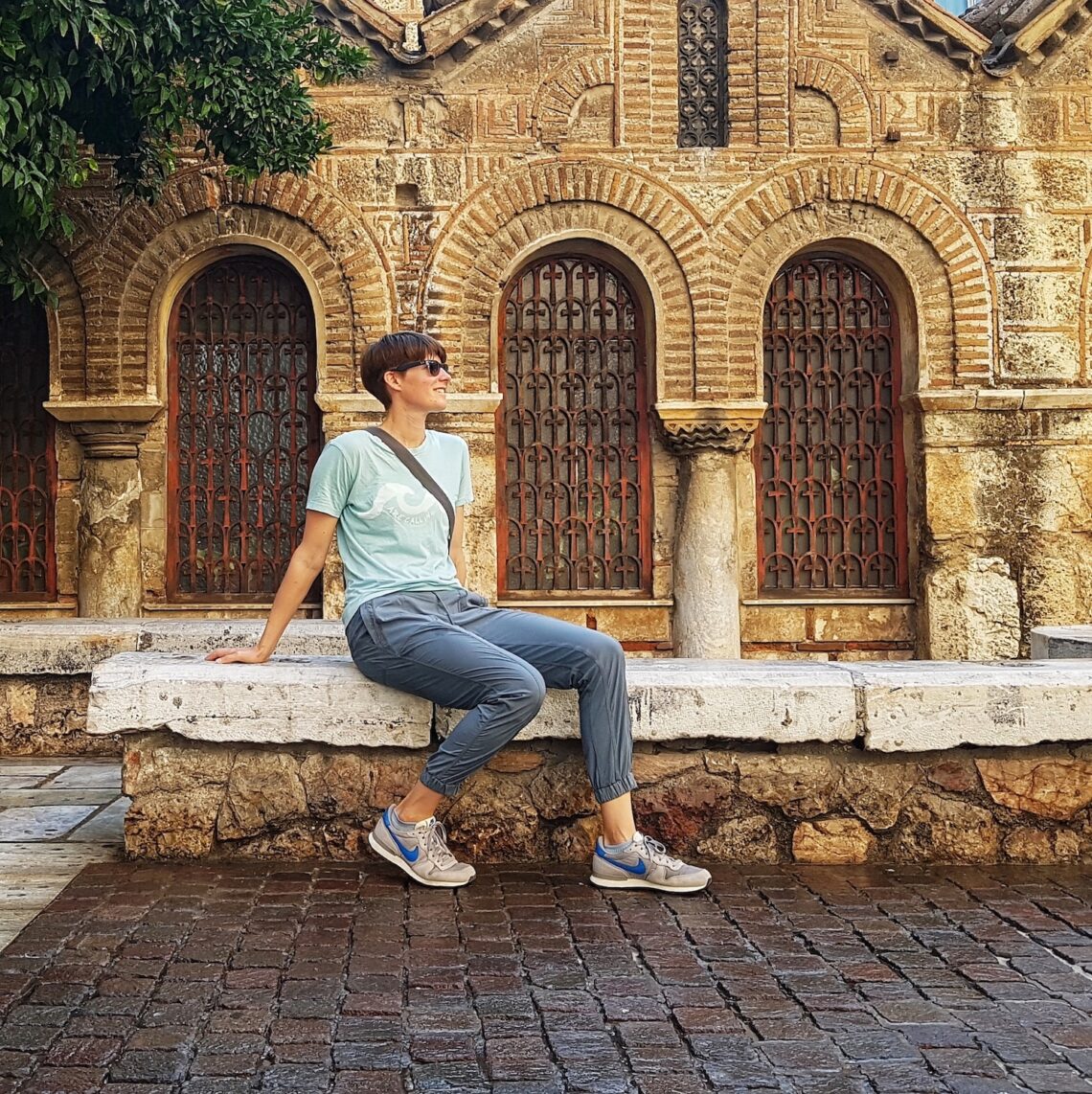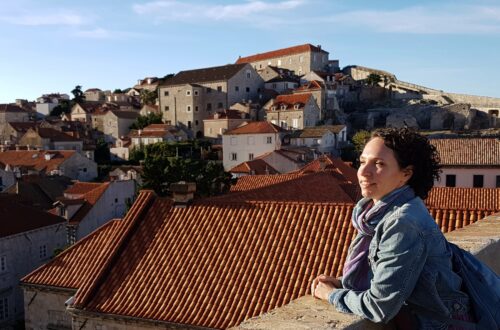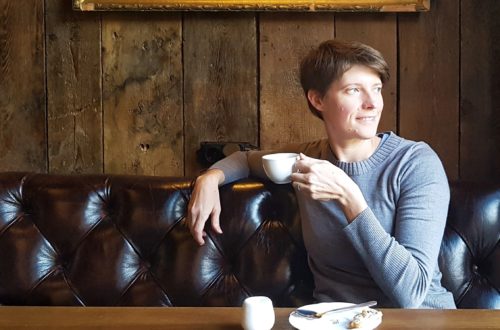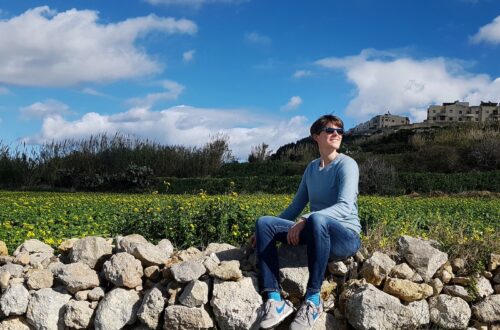
What Was Surprising About Our First Year Of Early Retirement
Our first year of early retirement turned out to be full of surprises. We had expected to be exploring Europe, hopping from one country to the next. We had expected to transition from corporate life in Singapore to a life of full-time travel with ease.
What we didn’t expect was a global pandemic that cut our travels short and put us on a rescue flight back to Canada for four months of sheltering in place.
Still, this was our first year of early retirement as full-time travellers. So beyond the big surprise of the pandemic, which upended everyone’s lives, we experienced a lot of smaller, personal surprises as new early retirees. These pertain to our emergency fund, living out of suitcases, pace of travel, monthly budget and more.
Emergency fund
Our first surprise had to do with our finances. When we started our early retirement, of course we had an emergency fund in place. We had set aside roughly a month’s worth of living expenses set aside to cover any miscellaneous emergency needs, which was all part of our risk management plan.
The problem was that we never thought through what those emergency needs might be. As a result, we found ourselves burning through our fund in record time given the high number of emergencies this year.
Here’s a quick list of the emergencies that completely depleted our fund and then some.
- I had to take a last minute flight from Turkey to Canada and back to provide support to a family member with health care needs
- A few months later, we had to unexpectedly leave Europe altogether due to COVID-19 and fly ourselves and our dogs back to Canada
- We then had to pay very high AirbBnB rates for the four months that we stayed in Toronto; meanwhile we had been expecting to pay rock bottom prices in the Balkans during the same period
- Finally, we had to fly ourselves back to Europe when we were ready to restart our journey
All of these were totally unexpected costs, but fortunately we had enough room in our budget to absorb the difference. That said, we had to radically trim other areas of our budget, like dining out and entertainment, in order to make room. We cooked a lot of meals at home during those four months in Toronto.
Moving forward, our emergency fund is going to be a lot bigger. It will be enough to cover multiple long-haul flights in case we need to return to Canada for any reason. And it will also cover the deductible for our health insurance plan, which fortunately we haven’t needed to tap into this year.
Living out of suitcases
Our next surprise was how difficult it was to live out of a suitcase. We started this new life as experienced travellers. However, all our travel had been made up of relatively short trips, no more than two weeks at a time, and we were used to only using carry on luggage. We had zero experienced with long-term travel and fitting all our worldly possessions into a couple suitcases. All this to say, when we left Singapore in October, we were carrying way too much stuff.
Technically we were still working within the luggage allowance for our flights but we could barely manage all our bags plus the two dogs. In fact, one of our suitcases was so heavy that I had trouble lifting it at all so Gillian needed to do all the hauling on and off trains and taxis. We actually broke a wheel off not one but two suitcases in the first six months.
We now understand that we simply can’t carry all the nice-to-haves with us and really need to stick with just the essentials.
Pace of travel
The next surprise was the pace of travel. We planned our journey based around spending roughly a month in each country. However, in the back of our minds, we thought that a month in each country might feel too long and we’d have itchy feet after a week or two. We thought we might eventually want to speed our travel up so that we could cover more ground and have more experiences.
What we discovered is that a month in a destination really flies by. By the time we’ve settled in and establish new routines, we barely have enough time to see all the sights. In fact, when we planned a few shorter stays along the way we found that it felt too rushed to enjoy our destination. Moving forward, we’re planning for longer stays in each country, likely two to three months.
Everyday routine
The next surprise is how difficult it was to go from corporate jobs to a totally unstructured lifestyle. We spent all the previous years racing the clock everyday to get everything done, whether for work or for our personal life. We had highly structured lives with barely any downtime except for a few hours on the weekend.
After we retired, at first it was fun and exciting to have no specific demands on our time, no alarm clock, no meetings. Basically we were free to do whatever we wanted with our time. However we quickly discovered that the days could easily just fly by without us accomplishing anything. We realised that even in retirement we needed a structure and routine to our days in order to feel productive.
Time together
Another big surprise from our new lifestyle relates to how much time we were suddenly spending together. We went from seeing each other a couple hours a day during the week to being around each other 24/7. Of course, we love spending time together but suddenly we’re spending all our time together. This can put a lot of pressure on a relationship.
Over the course of the past year, we’ve really learned the importance of communicating, particularly our expectations for the day ahead. We’ve found that everything goes more smoothly when each person understands what the other person expects of the day.
We’ve also discovered that it’s extremely important to cultivate outside interests and schedule time apart. We enjoy our time together more when we also have time to pursue our own interests.
AirBnB Rentals
Now for the biggest surprise from the past year: we really underestimated how much we would end up spending on our AirBnB apartments. We started our journey with an unrealistic budget of spending $900 USD per month. Thinking back to how we came up with this budget, I think we reviewed Airbnb listings in the cheaper countries that we planned to visit and assumed it would be a workable budget for the year.
What we have discovered is that accommodations is one area of our budget where we would prefer to spend more and get a better place. Sure, we could rent an apartment for $900 in many countries, but depending on the country, that $900 may not buy very much by way of amenities. There are certain things we are willing to pay more for, whether it’s spaciousness, overall ambiance, a central location, or a well equipped kitchen.
Our new target budget is around $1,100 but we would be willing to pay even more for a place that is suitable for us. Whatever apartment we stay in becomes our sanctuary and we want it to be a very comfortable home. For example, in Florence we paid almost $1,300 for a traditional top floor apartment with beautiful views over the terracotta rooftops. For us, this was money well spent.





6 Comments
Kathlene Santo
ATT: ourfreedomyears.com / Our Freedom Years – Financial independence, early retirement & slow travel WEB SITE SOLUTIONS
This notice RUNS OUT ON: Oct 14, 2020
We have not obtained a payment from you.
We have actually attempted to contact you but were incapable to contact you.
Kindly Browse Through: https://bit.ly/372K6z3 .
For info as well as to process a discretionary settlement for services.
10142020040326.
Pingback:
Pingback:
Pingback:
Pingback:
Pingback: